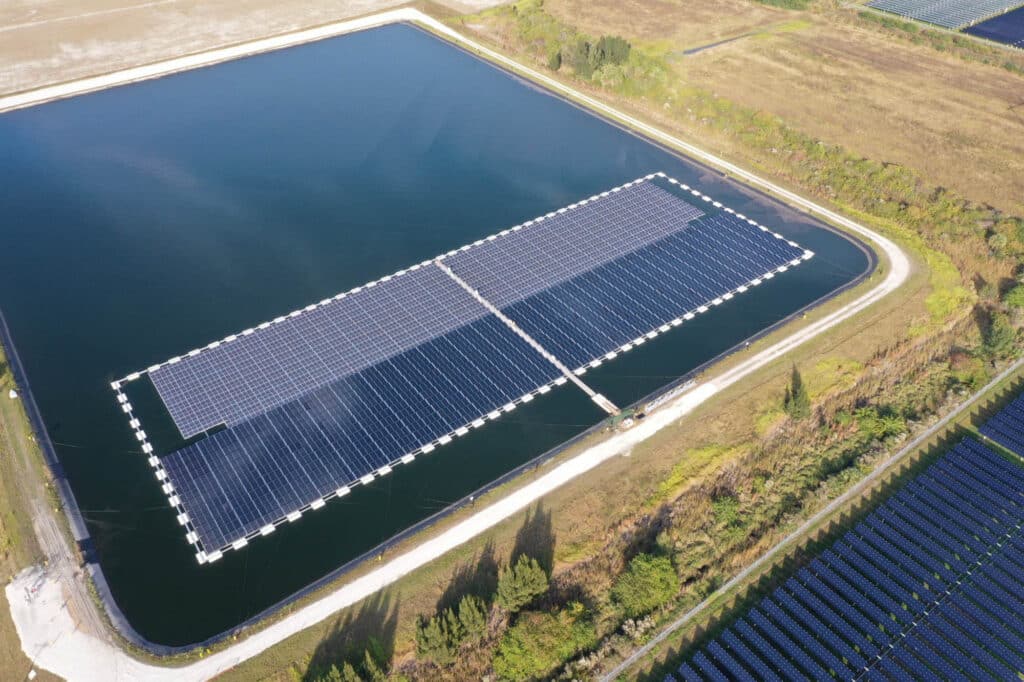Industrial processes from food production to certain types of metal manufacturing produce large volumes of wastewater that can contain harmful pollutants like heavy metals, oils, chemicals, and suspended solids. Industries like textile dyeing, paper manufacturing, electronics, and oil & gas all produce contaminated process water, and proper disposal of everything listed above isn’t as simple as draining it away. This is where industrial wastewater treatment comes into play.
So, what is industrial wastewater treatment exactly? It’s the process of removing contaminants from water that’s been used in industrial activities, making it safe for discharge into the environment or for reuse within the facility. Treatment typically includes multiple stages like screening, sedimentation, biological processes, filtration, and chemical treatments to meet environmental standards. Industrial processes account for 20% of global freshwater use. Without proper treatment, this discharge can harm local waterways, wildlife, and public health.
Understanding Industrial Wastewater Sources
Different industries create unique wastewater challenges that require specialized treatment approaches. Manufacturing facilities, chemical plants, and food processing operations each generate distinct contaminant profiles that must be addressed through targeted treatment methods.
The composition of industrial wastewater varies significantly depending on the specific processes involved. For example, textile facilities produce water high in dyes and chemicals, while food processing plants generate organic waste with high biological oxygen demand. Understanding these source characteristics is fundamental to designing effective industrial wastewater treatment systems.
Primary Industrial Wastewater Treatment Methods
Industrial wastewater treatment employs several proven methods to remove contaminants and restore water quality. Each treatment stage targets specific types of pollutants through physical, chemical, or biological processes.
Physical Treatment Processes
Primary treatment removes large particles through screening and settling processes. This initial stage captures debris, oils, and suspended solids before water moves to secondary treatment phases. Sedimentation tanks allow heavier particles to settle while skimmers remove floating materials like oils and grease.
Secondary Biological Treatment
Secondary treatment uses biological methods like activated sludge to break down organic matter. Microorganisms consume organic pollutants, converting them into harmless byproducts. This biological approach is particularly effective for treating wastewater from food processing, pharmaceutical, and chemical manufacturing operations.
Advanced Tertiary Treatment
Tertiary treatment targets remaining contaminants with filtration, disinfection, or advanced chemical processes. These sophisticated methods can remove trace pollutants, heavy metals, and persistent organic compounds that survive earlier treatment stages. Some industries even go a step further with zero liquid discharge (ZLD) systems to recycle nearly all water used.
Innovative Technologies in Industrial Wastewater Treatment
Modern industrial wastewater treatment increasingly incorporates sustainable technologies that reduce environmental impact while improving efficiency. These innovations help facilities meet stringent environmental standards while controlling operational costs.
Floating Solar Integration
Floating solar installations are increasingly being adopted by wastewater treatment plants. By covering treatment lagoons or nearby reservoirs, these systems generate clean energy for plant operations while also shading the water. This dual benefit leads to reduced water evaporation, enhancing efficiency and lowering costs.
Critically, the shade also minimizes the evaporation of chlorine, a common disinfectant in WWTPs, therefore maintaining its effectiveness and improving disinfection performance and safety. This integration represents a forward-thinking approach to sustainable industrial wastewater treatment.
Regulatory Compliance and Environmental Protection
Understanding what is industrial wastewater treatment also means recognizing its role in environmental protection. Treatment facilities must comply with strict discharge standards set by environmental agencies to protect water resources and public health.
Industries that fail to properly treat wastewater face significant penalties and potential facility shutdowns. Effective treatment systems help companies maintain compliance while supporting their sustainability goals and community relationships.
Benefits of Proper Industrial Wastewater Treatment
Implementing comprehensive industrial wastewater treatment provides multiple benefits beyond regulatory compliance. Companies often discover cost savings through water reuse, reduced disposal fees, and improved operational efficiency.
Water recycling capabilities allow facilities to reduce their freshwater consumption and lower utility costs. Additionally, proper treatment protects equipment from corrosion and scaling, extending machinery lifespan and reducing maintenance requirements.
Choosing the Right Treatment Solution
Selecting appropriate industrial wastewater treatment methods requires careful analysis of contaminant types, discharge volumes, and regulatory requirements. Professional assessment helps identify the most cost-effective treatment approach for specific industrial applications.
Factors like available space, energy costs, and future expansion plans all influence treatment system design. Working with experienced professionals helps companies implement solutions that meet current needs while providing flexibility for future growth.
Industrial wastewater treatment is critical for protecting ecosystems and supporting sustainable industrial growth. By adopting innovative technologies like floating solar, facilities can boost efficiency while reducing environmental impact. It’s a smart solution for both energy and water management.
Understanding what is industrial wastewater treatment and implementing proper systems protects both your business and the environment. Contact us to learn how we can help you improve your treatment processes and achieve your sustainability goals.





